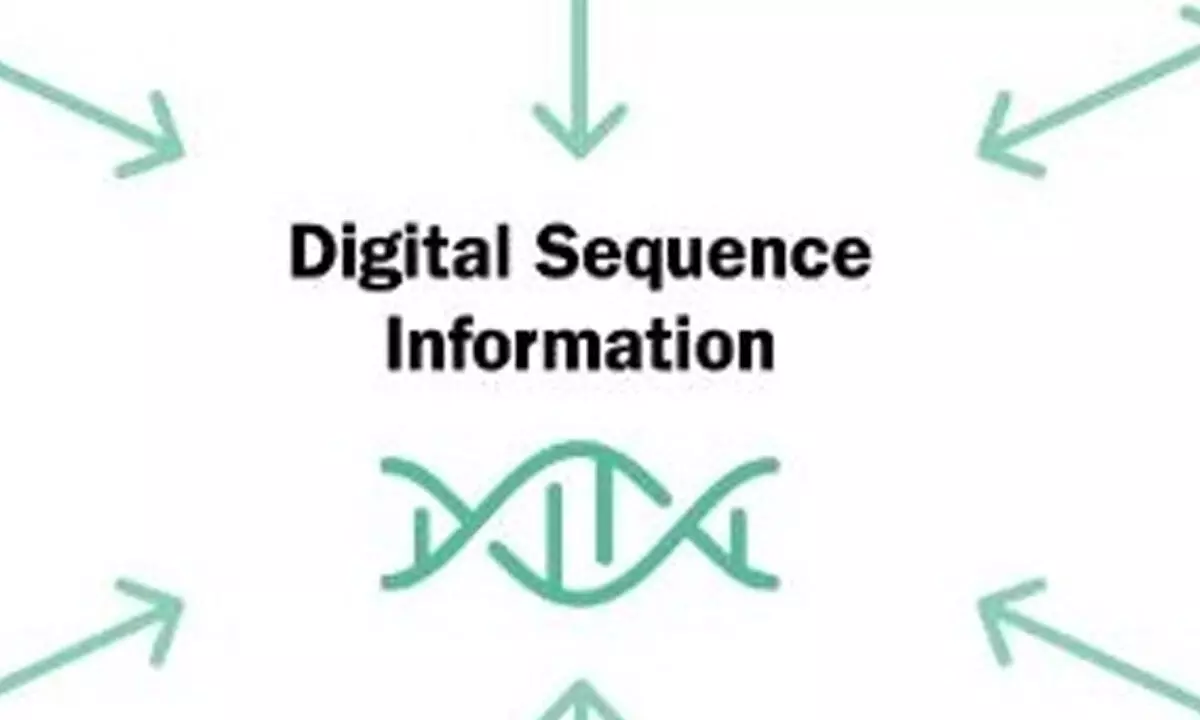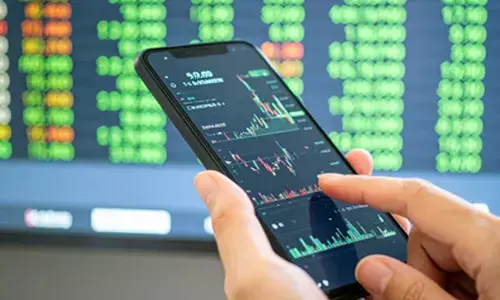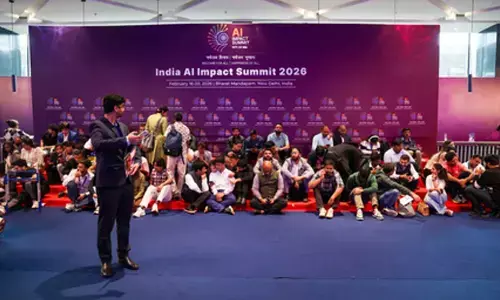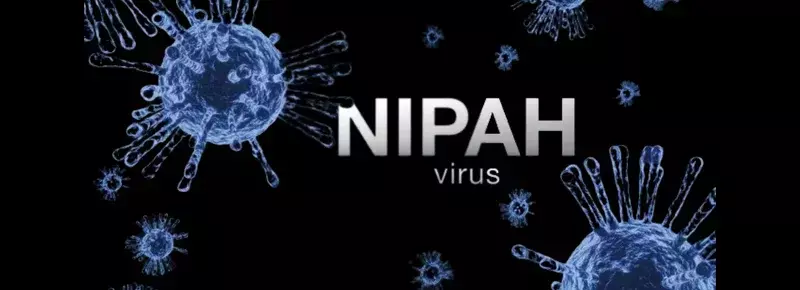Nations to develop mechanism for use of digital sequence information on genetic resources
Share :

This week in Geneva governments will discuss the development and operationalisation of a multilateral mechanism, including a global fund, for the sharing of benefits from the use of digital sequence information on genetic resources, to be finalised by COP16 in 2024.
New Delhi: This week in Geneva governments will discuss the development and operationalisation of a multilateral mechanism, including a global fund, for the sharing of benefits from the use of digital sequence information on genetic resources, to be finalised by COP16 in 2024.
At the United Nations Biodiversity Conference (COP15) in Montreal, Canada, in December 2022, governments agreed that benefits from the use of digital sequence information (DSI) on genetic resources should be shared fairly and equitably and further agreed to establish, as part of the Kunming-Montreal Global Biodiversity Framework, multilateral mechanism for benefit-sharing from the use of digital sequence information on genetic resources, including a global fund.
They agreed that the development and operationalisation of this would be according to a fair, transparent, inclusive, participatory, and time-bound process.
Digital sequence information is a placeholder term to refer to data derived from de-materialised genetic resources. It includes nucleic acid sequence data and potentially other data such as protein sequence data.
The traditional knowledge of indigenous peoples and local communities associated with the use of genetic resources is also relevant.
DSI is crucial to research in a wide range of contexts, including public health, medicine, plant and animal breeding, evolution research and to the achievement of the objectives of the Convention on Biological Diversity. This includes its Nagoya Protocol, namely the conservation and sustainable use of biodiversity and the fair and equitable sharing of the benefits from the use of genetic resources.
This week in Geneva, governments and other stakeholders will conduct their negotiations on the multilateral mechanism based on a synthesis of a compilation of views from governments, indigenous peoples and local communities and other organisations, as well as lessons learned from other international funding mechanisms, compiled through a study.
The working group will address the 16 different issues for further consideration, set out in the annex to decision. These issues were identified as central to creation of such a mechanism. In the document for the meeting, they are clustered into the following five groups:
Contributions to the fund, including triggering points for benefit-sharing and some aspects of the role and interests of industry and academia;
Disbursement of the funds, including disbursement of monetary benefits, including information on geographical origin as one of the criteria, some aspects of the role, rights and interests of indigenous peoples and local communities, including associated traditional knowledge;
Non-monetary benefit-sharing, including information on geographical origin as one of the criteria, capacity development and technology transfer, including linkages between research and technology and the multilateral mechanism on benefit-sharing;
Governance, including the monitoring and evaluation and review of effectiveness, the principles of data governance and some aspects of the role, rights and interests of indigenous peoples and local communities, including associated traditional knowledge and the interests of industry and academia;
And relation to other approaches and systems, including the potential to voluntarily extend the multilateral mechanism to genetic resources or biological diversity, other policy options, the interface between national systems and the multilateral mechanism on benefit-sharing, the relationship with the Nagoya Protocol and the adaptability of the mechanism to other resource mobilization instruments or funds.
The Ad Hoc Open-ended Working Group on Benefit-sharing from the Use of Digital Sequence Information on Genetic Resources will meet a second time in Montreal in August 2024, to further the discussions and to make recommendations for consideration and adoption by the Conference of the Parties at its sixteenth meeting (COP 16).









